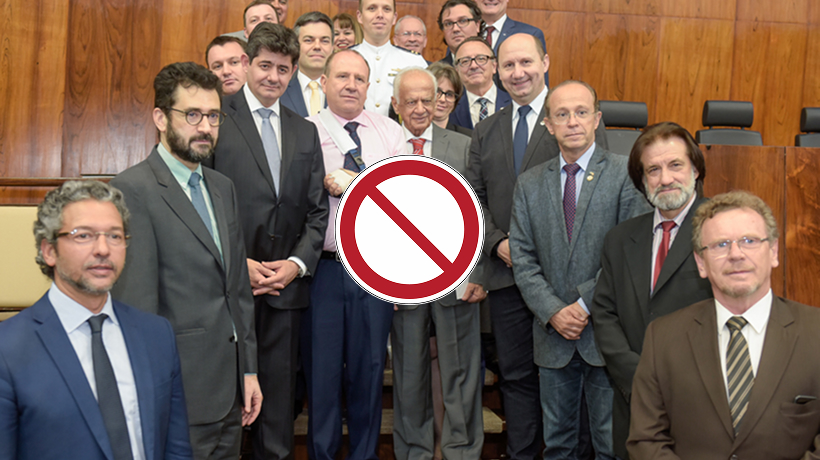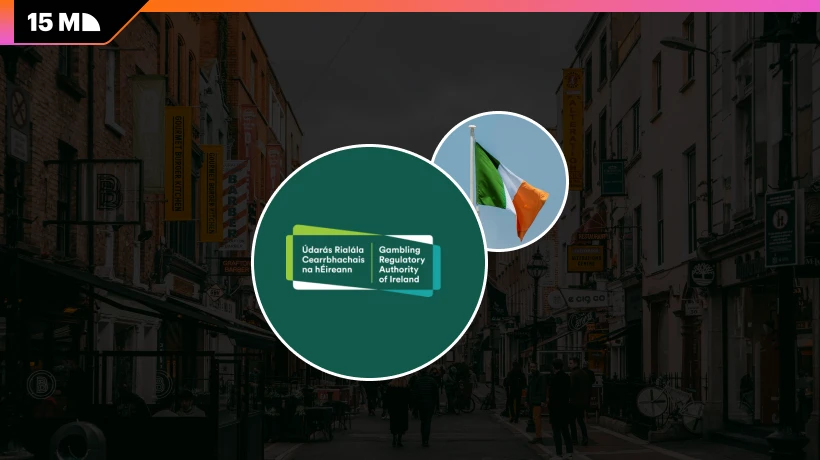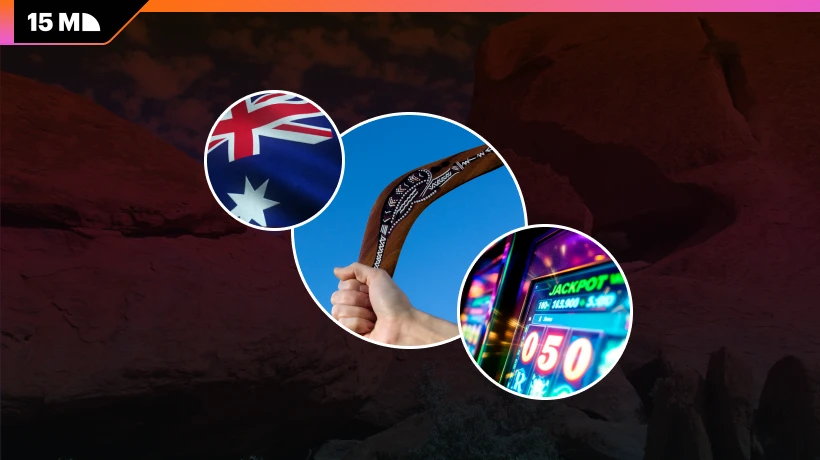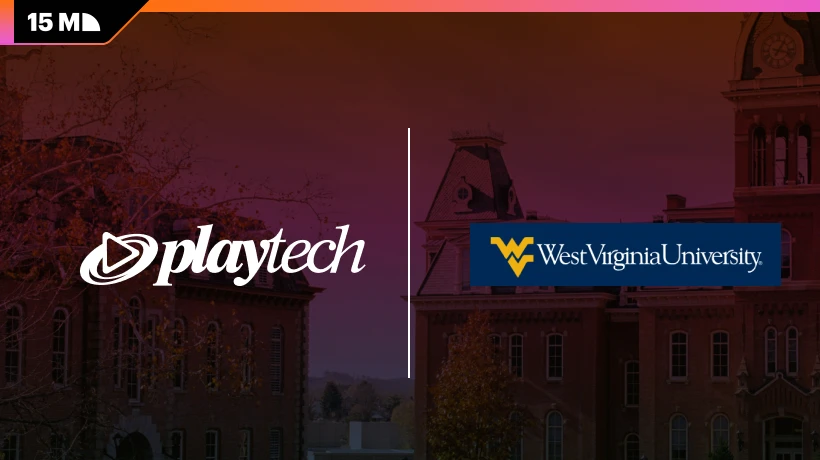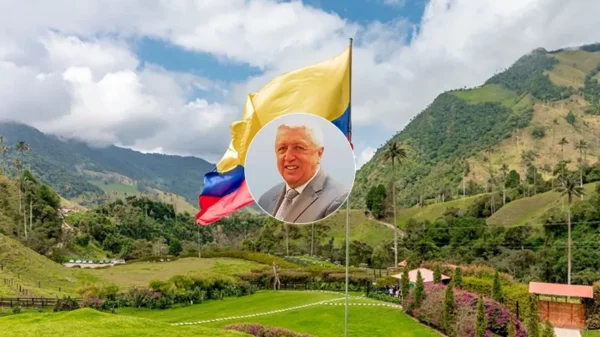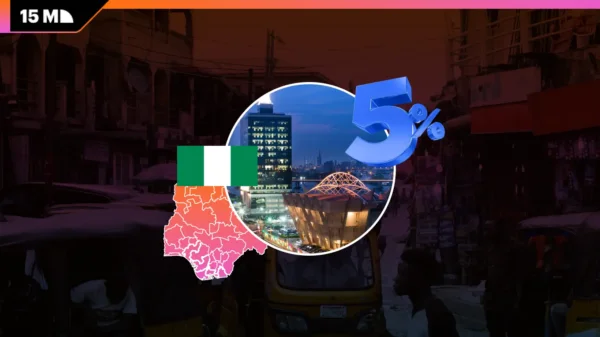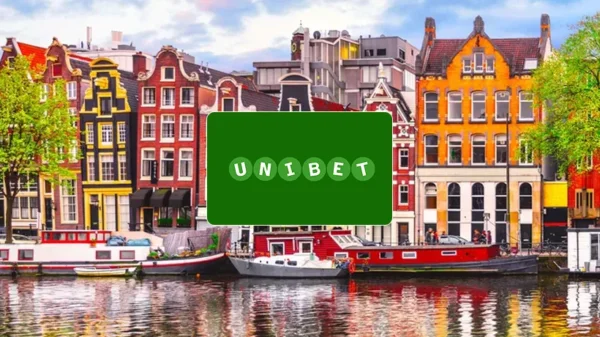Deputies Tiago Simon and Elton Weber filed the bill in Rio Grande do Sul’s state assembly this month. Both represent the southern state, which borders Uruguay and Argentina. They’re calling for new restrictions on sports betting platforms operating in the region.
The proposal targets how these companies market their services. It singles out promotional tactics that lawmakers say appeal to minors. Rio Grande do Sul would become Brazil’s first state to pass such rules if the bill advances.
Why this advertising crackdown matters now
Brazil’s betting market has grown rapidly since federal legalisation took effect. Ads for gambling platforms now appear constantly across television, radio, and streaming services. They also dominate sports sponsorships.
Simon and Weber say current marketing practices make gambling look harmless. The ads present betting as casual entertainment rather than acknowledging its risks. This normalisation concerns them, especially regarding young people’s exposure.
The lawmakers point to financial and psychological harm that problem gambling causes. They argue existing federal guidelines don’t go far enough. State-level action can fill gaps in consumer protection, they claim.
Brazil’s national advertising self-regulation council recently partnered with the Secretary of Prizes and Bets. That agreement aims to monitor gambling content nationwide. But enforcement remains inconsistent.
What the proposed restrictions would do
The bill bans betting ads aimed at minors outright. Companies couldn’t use mascots, cartoon characters, or child-friendly imagery in their marketing. Any creative elements that might attract teenagers would be prohibited.
All betting advertisements must include addiction warnings under the proposal. These warnings need to cover at least 15% of the ad’s total space. They’d also need to mention over-indebtedness risks clearly.
Television and radio ads would face time restrictions. Betting promotions could only air between 9pm and 6am. This applies to streaming platforms too. The bill treats all audiovisual formats the same way.
How Brazil’s betting ad debate is developing
This state initiative follows federal scrutiny earlier in 2025. The Chamber of Deputies held hearings on betting promotion in the first quarter. Those sessions examined sports broadcast exposure and influencer partnerships specifically.
Other states might follow Rio Grande do Sul’s lead if the bill passes. Federal lawmakers are watching regional efforts closely. Some see state experimentation as useful before crafting nationwide standards.
The gambling industry will likely challenge these restrictions. Operators depend heavily on advertising to acquire customers in Brazil’s competitive market. Legal battles could delay implementation even if the assembly approves the bill.
Consumer protection groups support the measure. They’ve documented rising problem gambling cases in southern Brazil. The timing puts pressure on both state and federal officials to act.
